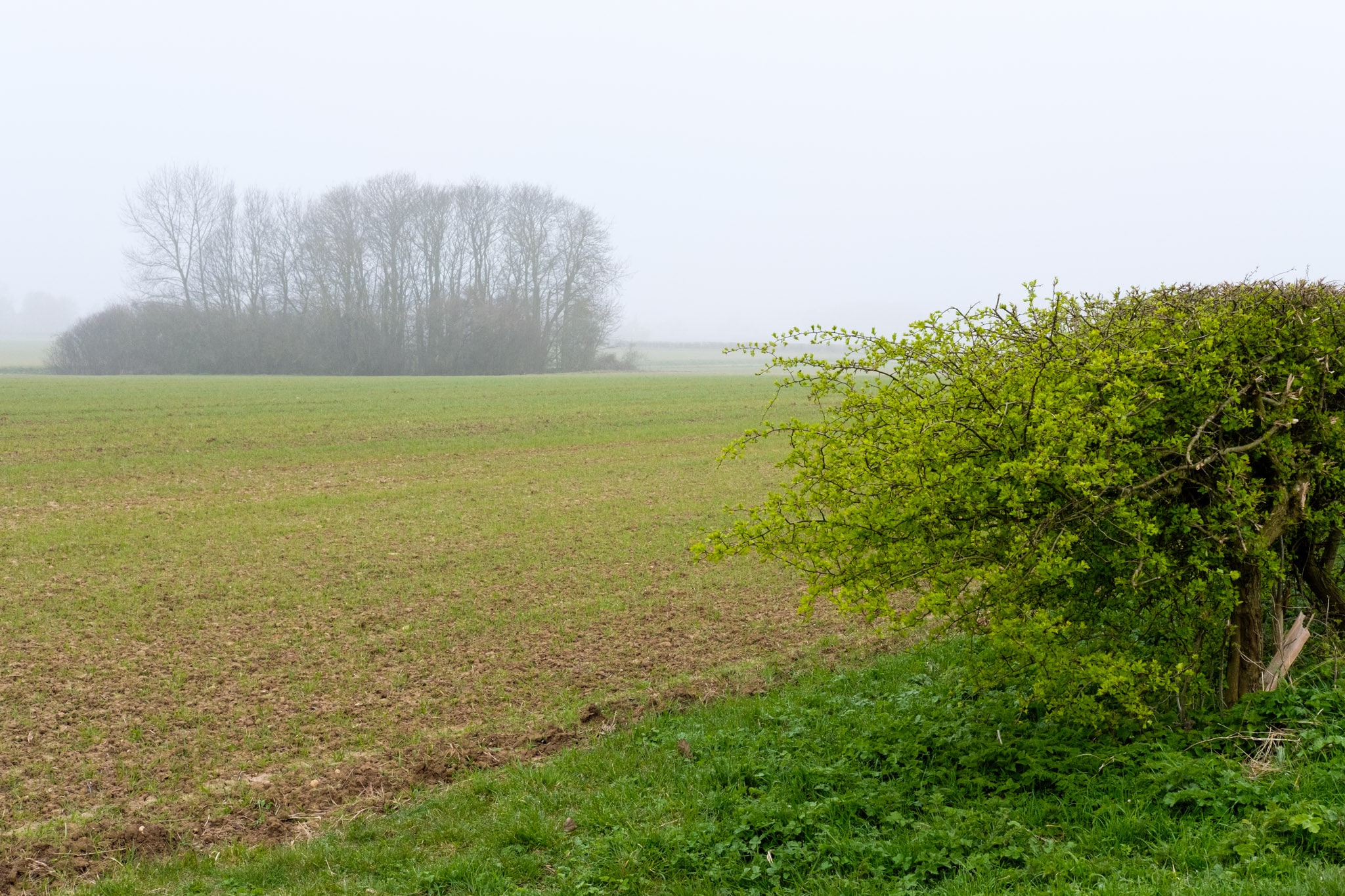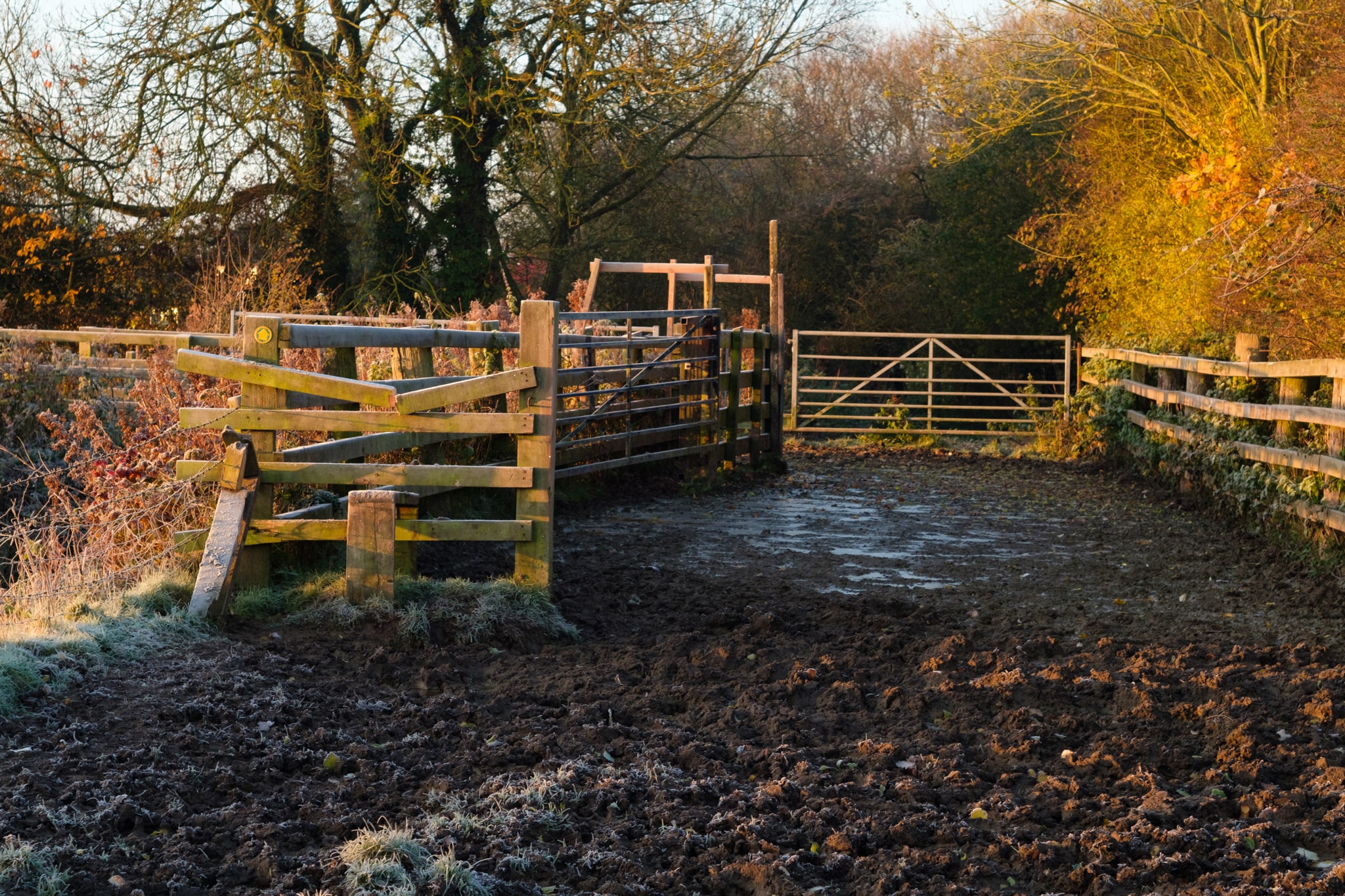Michael Gove’s ‘farming for the next generation’ speech has been applauded – but actions are more important than words
On January 4, at the Oxford Farming Conference, Michael Gove set out his vision for the future of farming. Rightly or wrongly, recent governments have not always had a reputation for being good stewards of our countryside and wild land, but Michael Gove’s speech resonated with those who would like to see greater protection for the environment.
He spoke about the rapid pace of change in today’s world, and that sticking our head in the sand and clinging to the old ways can only result in being unprepared for the changes ahead. He spoke about the need for sustainability, the looming threat of soil erosion, and emphasised looking beyond productivity and the economy to the intrinsic value of countryside and a healthy environment. In his speech, he set out a progressive vision for the countryside after Brexit.
We cannot expect to live prosperous and civilised lives in the future unless we recognise that we have to care for that which gives us all life – our planet
From Michael Gove’s speech:
“The pressures placed on our global environment by this growth I’ve sketched briefly out will be formidable – whether it’s greenhouse gas emissions in our atmosphere contributing to global warming, desertification and soil erosion reducing the space for cultivation, deforestation leading to the disappearance of valuable carbon sinks and precious habitats, air pollution from traditional industry and intensive agriculture adding to health costs, waste poisoning our oceans or iconic landscapes under threat from the need for further development.
“Without action we face the progressive loss of the natural capital on which all growth – natural, human and economic – ultimately depends.
“So the imperative to husband, indeed wherever possible, enhance our natural capital – safeguarding our oceans, cleaning our rivers, keeping our soils fertile, protecting biodiversity – has to be at the heart of any plan for our country and our world.
“Because we cannot expect to live prosperous and civilised lives in the future unless we recognise that we have to care for that which gives us all life – our planet.”
‘Hard to overstate the importance of the change in direction’
The wise, balanced and nuanced intentions advocated in this speech have pleasantly surprised environmental campaigners. Leading voices on nature and the environment took to Twitter to express their views.
It’s hard to overstate the importance of the change of direction signalled today by @michaelgove . Many of us advocated this line of thinking for decades, & now we are on that path. Much to celebrate, & much work to do in getting the details right https://t.co/mCZMWtYAY5
— Tony Juniper (@TonyJuniper) January 4, 2018
“Government will design a scheme to support almost any landowner in planting woodland, providing new habitats for wildlife, increasing biodiversity,
improving water quality & returning cultivated land to more natural states”. Extraordinary move from Gove.https://t.co/JTpcRLV0xb— Robert Macfarlane (@RobGMacfarlane) January 4, 2018
This, from @michaelgove, is genuinely good news. The Common Agricultural Policy is a E50bn perverse incentive for environmental destruction: https://t.co/jOEhdtiLwZ
— GeorgeMonbiot (@GeorgeMonbiot) January 4, 2018
There was also a note of caution from some commentators – governments have a stellar track record of promising something and then delivering nothing – but Michael Gove’s pledge on January 9 to ban microbeads in the UK is another strong signal that change is in the air.
Of course there are reasons for scepticism and caution. But also for optimism. Gove has signalled a major shift in policy from his predecessors, who ensured that DEFRA stood for Doing Everything Farmers’ Representatives Ask.
— GeorgeMonbiot (@GeorgeMonbiot) January 4, 2018
Campaign for National Parks hopeful over proposals for future of environmental payments
The Campaign for National Parks, the national charity for protecting Britain’s National Parks, is hopeful that last week’s announcement that future payments of public money to farmers will incentivise environmentally friendly practices and usher in positive enhancements for National Parks in England.
In his speech, Gove argued that the current Basic Payment Scheme was unjust and inefficient and should be relaxed with funding that rewarded land managers who were working hard to enhance our natural environment.
We want to see a new system that supports farmers and land managers to protect and enhance our National Parks
Campaign for National Parks have announced that they support the shift towards the use of public money to reward the delivery of public goods. Gove also recognised the important role that upland farmers have played in keeping rural communities alive.
Fiona Howie, chief executive of Campaign for National Parks, said, “The current system has largely failed to deliver the environmental improvements our National Parks desperately need. We have been consistently calling for a payments system based on the provision of public money for public goods, so we welcome Mr Gove’s intention to develop such an approach.
“We want to see a new system that supports farmers and land managers to protect and enhance our National Parks. It must enable these beautiful areas to be more resilient to climate change and deliver a wide range of public benefits, including more wildlife, better protected cultural heritage, high quality landscapes and even more appropriate, recreational opportunities.”
Open Spaces Society delighted by commitment to public access
The Open Spaces Society, Britain’s oldest national conservation body, have expressed their delight at the commitment from the Environment Secretary that “public access is a public good” and should be part of the post-Brexit payment scheme for farmers.
Michael Gove said that government will in future pay for what people value – including public access – which “will help reconnect urban dwellers with the earth” and will “help secure consent for investment in the countryside as well as support for British produce”.
There could also be rewards for enhancing current access, such as providing greater path-widths or removing stiles for ease of use
Kate Ashbrook, general secretary of the Open Spaces Society, said: “These are welcome words. Public access brings significant benefits, not least to people’s health and well-being and to rural economies.
“We have been urging, with other recreation bodies, for farmers to be rewarded for providing good-quality additional public access – and we are pleased that the government has heard us. Now we need to work on the details.
“We want to see agricultural payments given in exchange for new access, targeted where people need it. Priorities could be to link existing routes, provide safer off-road paths, or increase the number of bridleways where horse-riders have no place to go.
“There could also be rewards for enhancing current access, such as providing greater path-widths or removing stiles for ease of use.
“If those receiving a grant do not comply with the law on public paths, for example by obstructing a route or failing to reinstate it after ploughing, they should be penalised by withdrawal of public payments. There needs to be efficient inspection and enforcement mechanisms to ensure the law is obeyed.
“We look forward to discussing with ministers the new opportunities to create and improve access as a public good.”
Header image © Jakub Junek / Shutterstock










